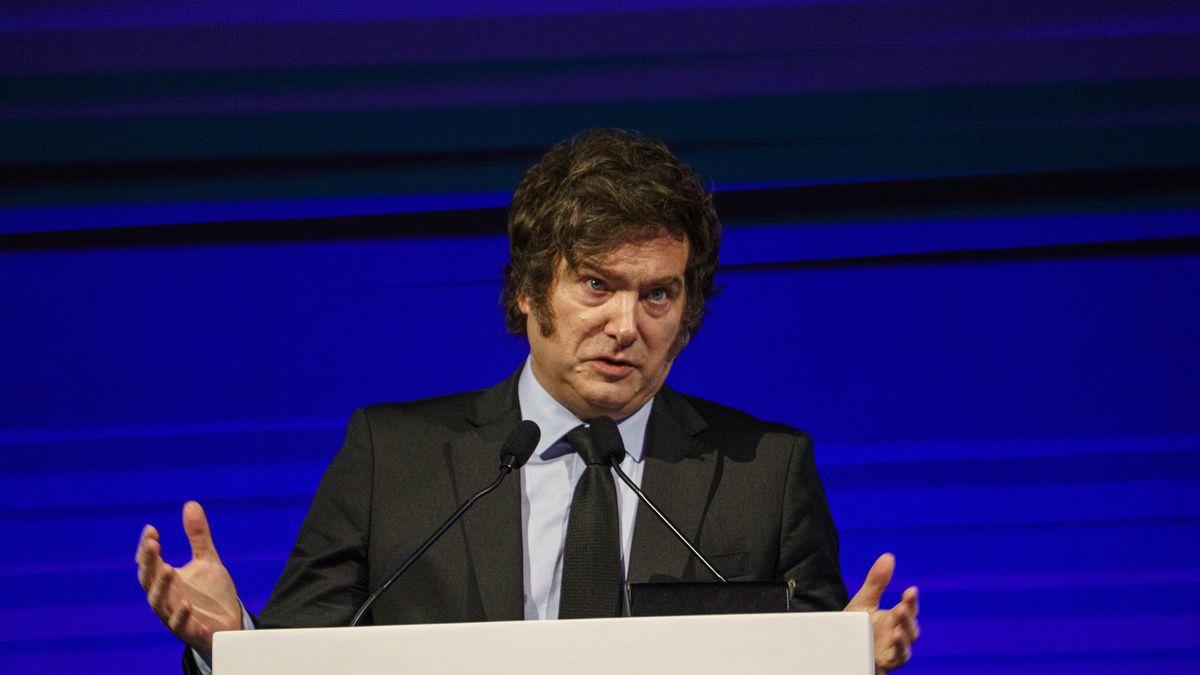In an act that travels the thin line between the surreal and the alarming, the Chamber of Deputies of Argentina approved a symbolic increase for retirees, while declared the emergency in disability. Meanwhile, a massive march toured the streets of the country, crying out for social justice and dignity for the most vulnerable sectors. Is this the way Javier Milei’s government chooses to honor those who held Argentina in their most difficult moments?
This clash between the political reality and the needs of the people is not simply a communication failure: it is a clear sign of the gloomy course that the current administration has taken.
The situation is bleak. The approved increase for retirees – Mimmine and almost symbolic – represents a mockery in a context where thousands of older people live in conditions of extreme poverty. But it is clear that given the current situation everything is welcome, this increase perhaps represents that several days can make lunch and dinner. The declaration of emergency in disability, meanwhile, seems more a staging than a real public policy, especially before the imminent announcement of a presidential veto. Far from being used with exceptional contexts, veto power is becoming a tool to silence legitimate demands and block democratic functioning.
Since his arrival to power, Javier Milei has shown that his government not only tolerates the conflict, but seems to feed on him. The decisions that should be oriented to protect the humblest sectors are subordinated to their ideological crusade against traditional politics. Thus, a climate of institutional cruelty is installed, in which the most needy become victims of a logic that prioritizes adjustment over humanity.
The focus of official discourse constantly moves towards inflation, external debt and macroeconomic imbalances, while the structural causes of poverty and exclusion are ignored. It is ironic, and deeply unfair, that, instead of approved concrete measures to improve the quality of life of the postponed sectors, laws are promoted that are then deactivated with a draconian veto.
Let’s take as an example the situation of retirees. In a country with a fragile pension system, crossed by years of injustice, an insignificant increase is nothing more than an insult for those who dedicated their lives to work. The economy needs recognition and justice as legitimacy engines. When a government despises the recognition law, it risks consolidating a culture of indifference. In that sense, the veto becomes the symbol of an institutional contempt for those who need the State.
Milei is presented as an outsider, an enemy of the political establishment, but his way of exercising power does not perform the abuses of the past, where adjustment policies were imposed at the expense of popular well -being. The true challenge of democracy is not only to administer efficiently, but to ensure that all citizens – and especially the most vulnerable – have a place in the country project. Governing without that ethical responsibility is governing behind society.
Vending laws that seek to protect the excluded sectors, the government repeats old dehumanization formulas, disguised as necessary reforms. It is not enough with legality; Social and moral legitimacy is needed. Political power must account for not only before their voters, but before all citizens.
The manifestations of the people are not a whim: they are the reflection of a society that no longer tolerates abandonment or injustice. Decisions that affect human lives should be taken with sensitivity, with awareness of the damage they can cause. The veto, as a last institutional resort, cannot be transformed into the first reflection of an insensitive government.
Javier Milei, however, does not seem to understand this premise. The decisions that punish the most vulnerable are not government measures: they are acts of cruelty. And the most worrying thing is that this logic of exclusion does not seem an anomaly, but a consolidated trend in its style of governing.
Faced with this situation, silence is not an option. The marches that have been developed were not mere symbolic gestures: they were an urgent cry for dignity, for justice, for humanity. Democracy is not supported only with laws, but with equity, with respect, with compassion.
Those who dare to veto democracy should know that the resistance of a dignified people does not turn off with decrees. The way to a more just society is difficult, but only through dialogue and collective commitment we can reconstruct a country paralyzed by inequality and official disinterest. In this fight, the veto cannot be destiny. It has to be the starting point of a citizenship that does not give up.
NEP leader. Metropolitan Congress of PJ CABA. National Congress PJ
Source: Ambito
David William is a talented author who has made a name for himself in the world of writing. He is a professional author who writes on a wide range of topics, from general interest to opinion news. David is currently working as a writer at 24 hours worlds where he brings his unique perspective and in-depth research to his articles, making them both informative and engaging.




